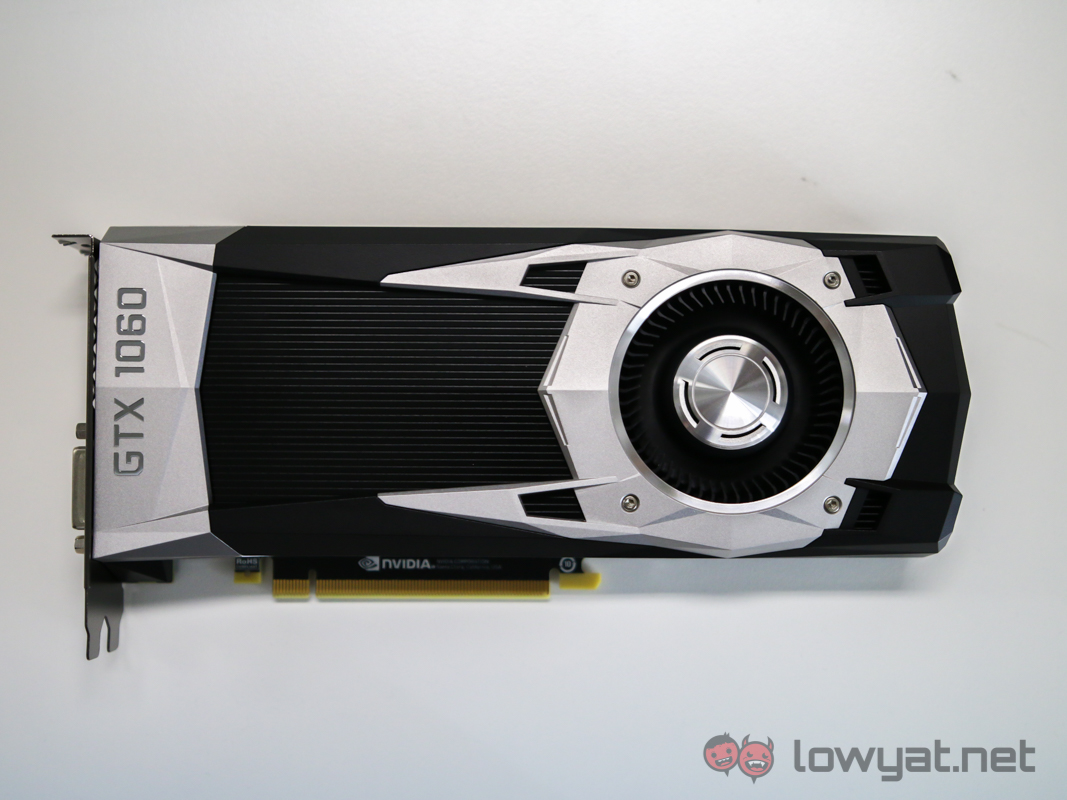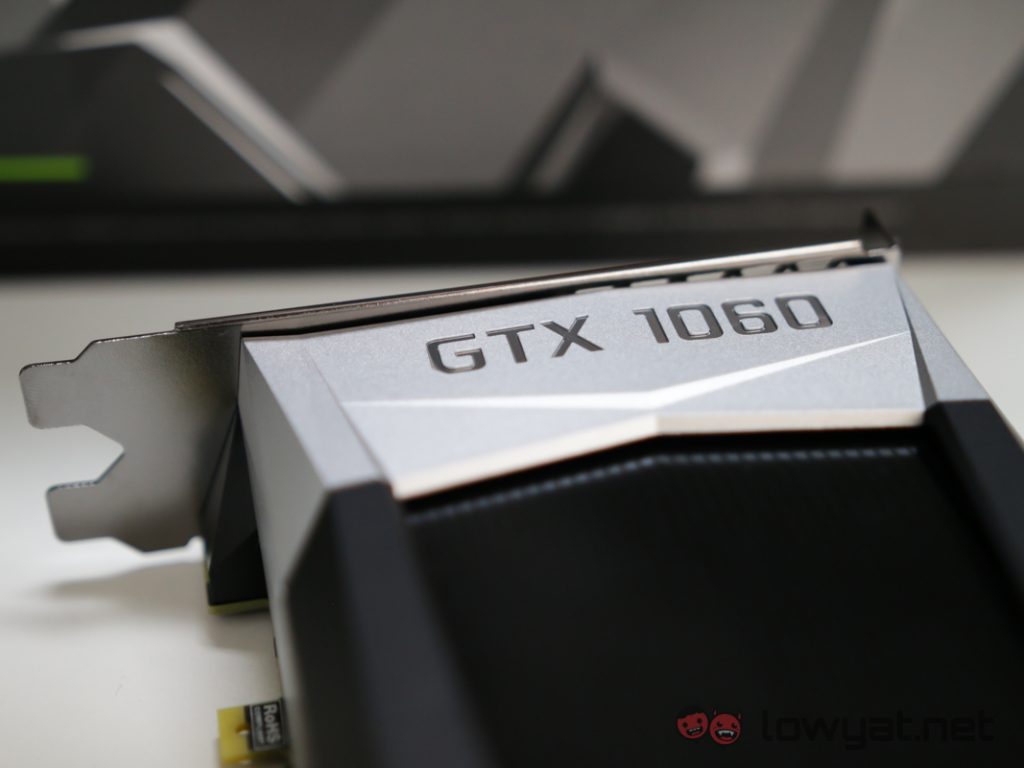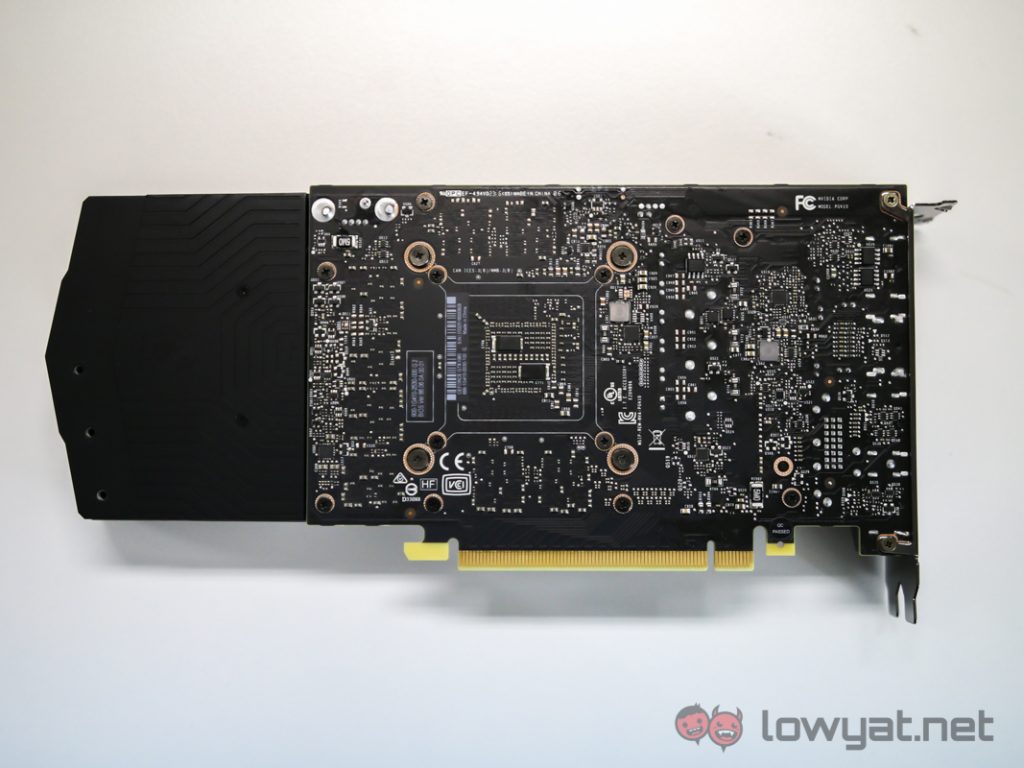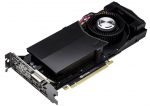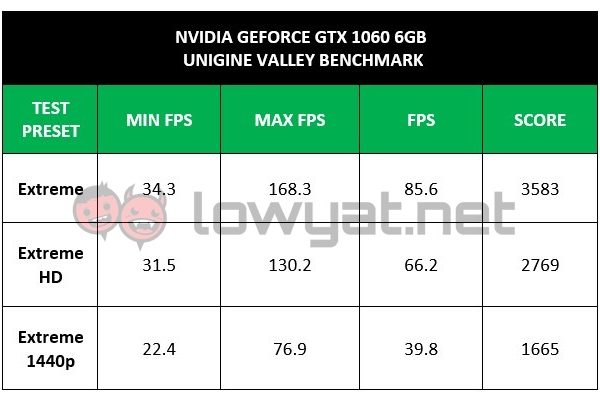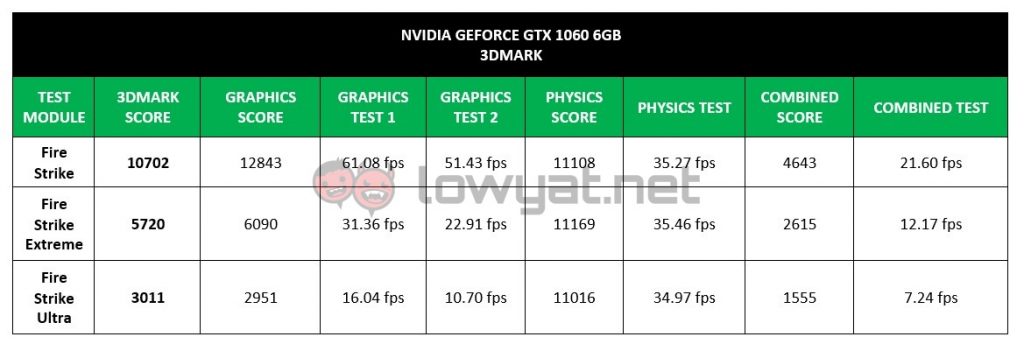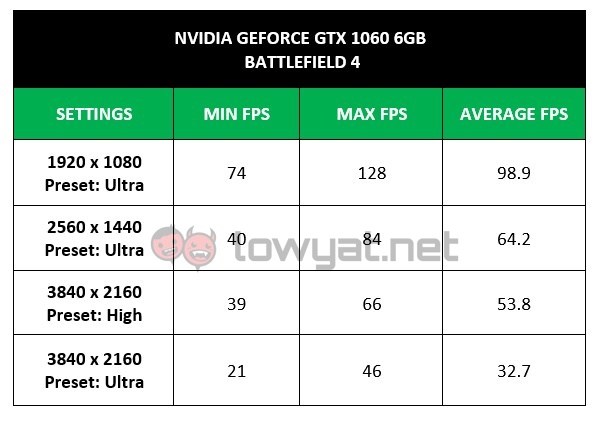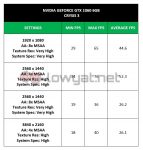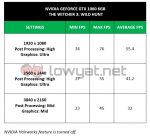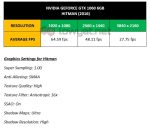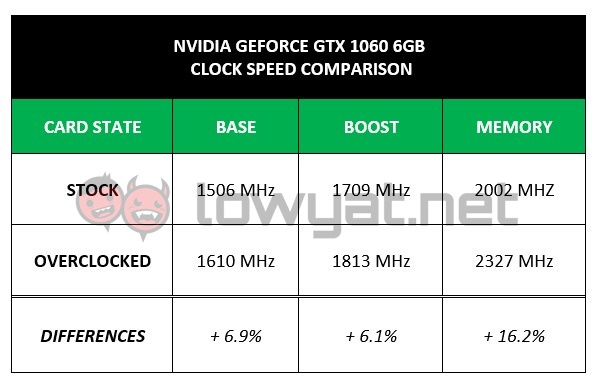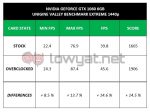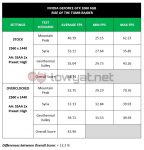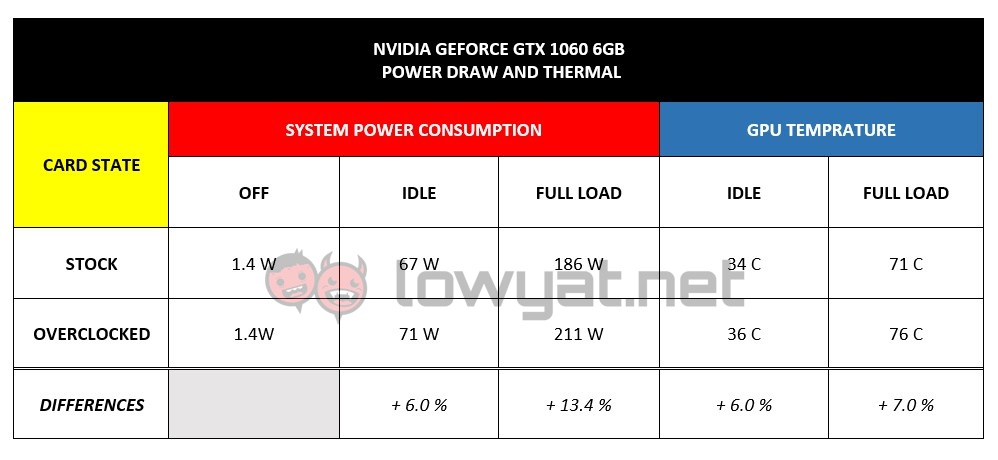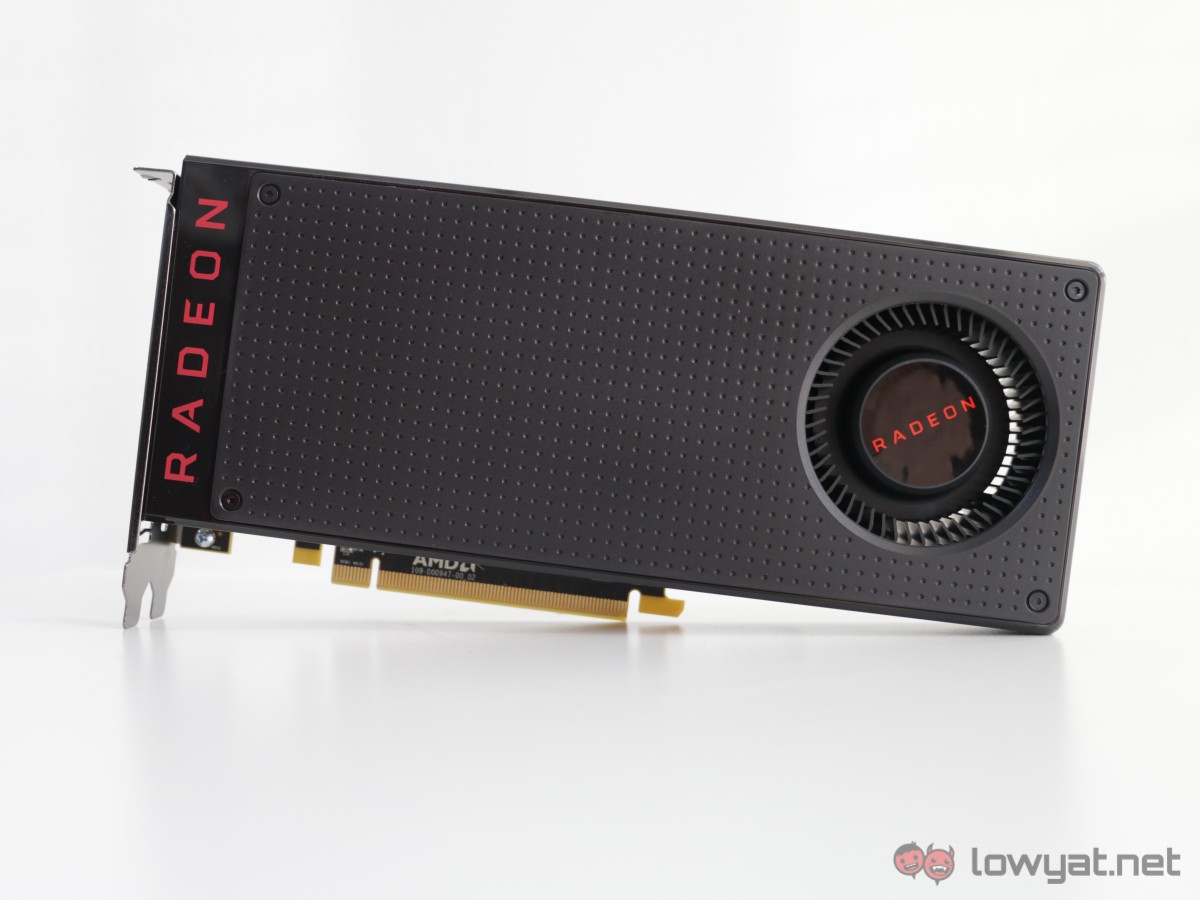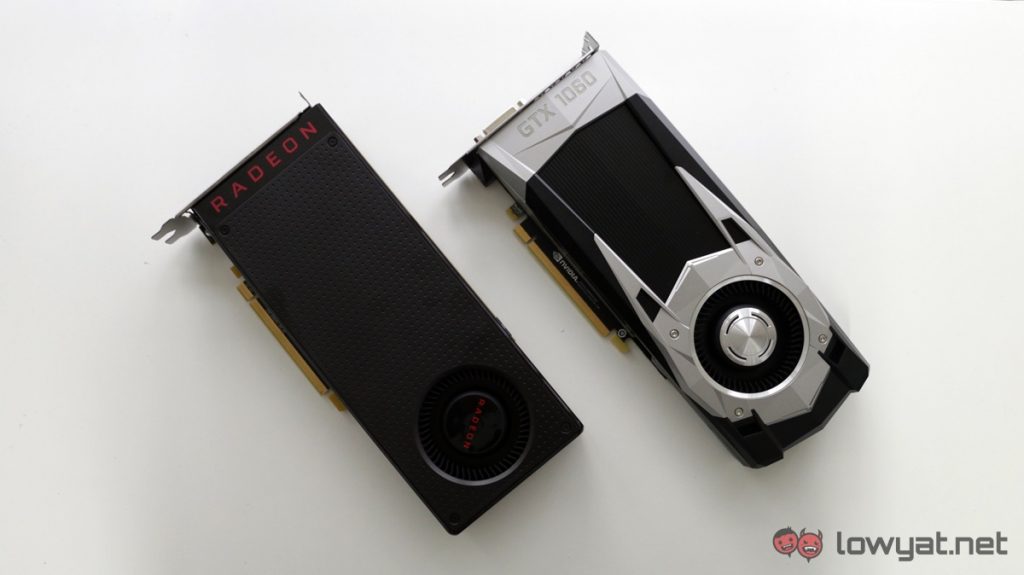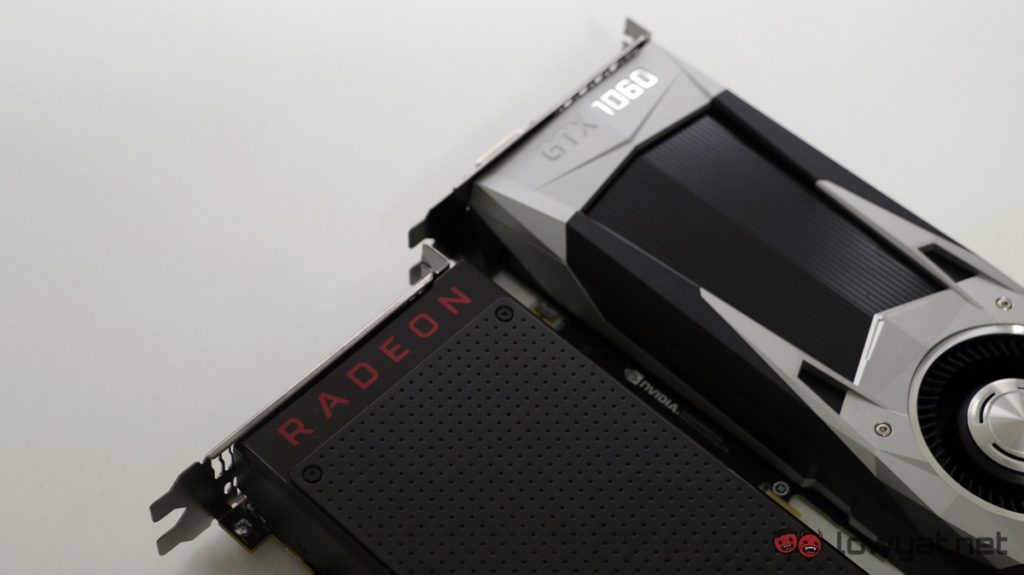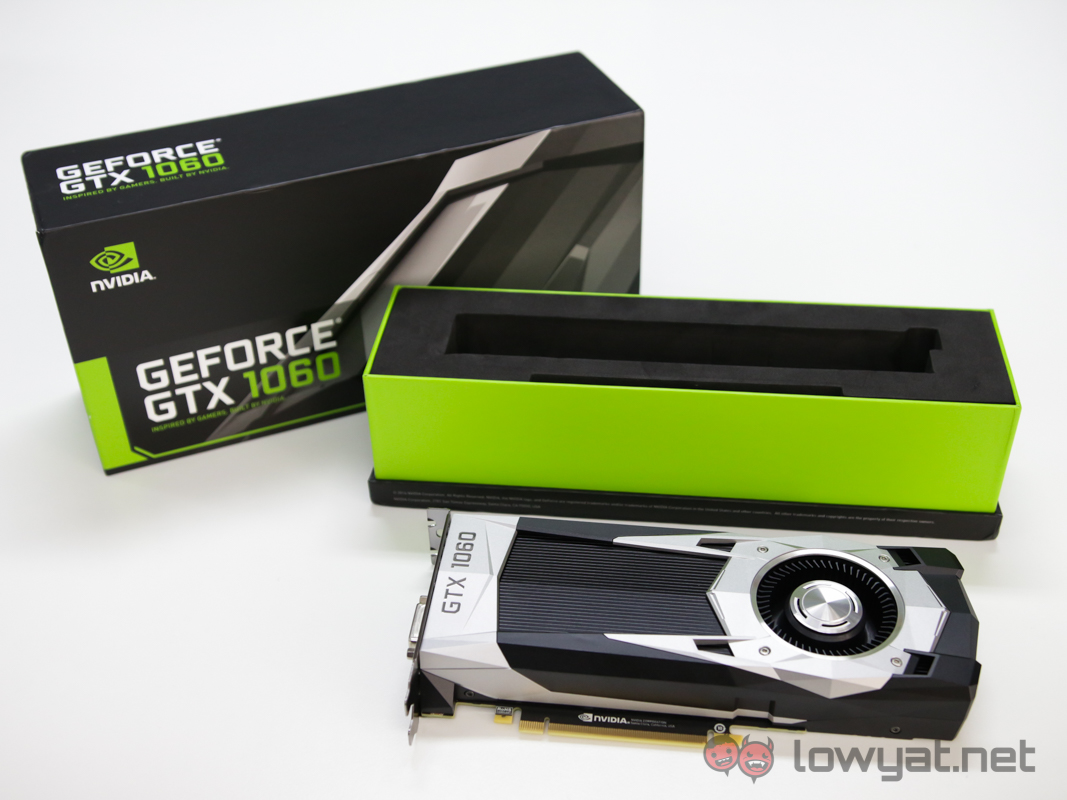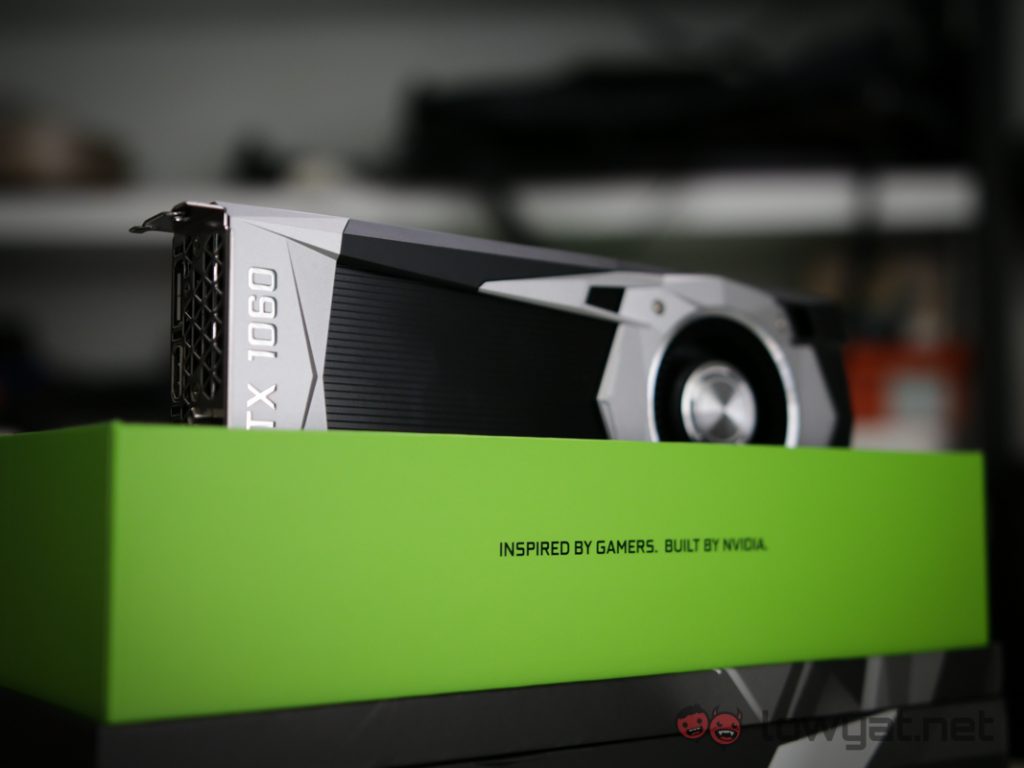This comes as a bit of a surprise, doesn’t it? Unlike the NVIDIA GeForce GTX 1080 and GTX 1070 as well as the AMD Radeon RX 480 which have been leaked numerous amounts of times before making their official debut, the GeForce GTX 1060 seems to appear out of nowhere.
Consider this: the first time that the world got a glimpse of the new graphics card was in late June via a leak that apparently came from Hong Kong. Then, all of a sudden, NVIDIA made an official announcement regarding the graphics card in the following week.
Today, 13 days after the card was officially revealed to the world, the GTX 1060 is ready to meet eager consumers throughout the world. Hence, it is time to learn more about the capability of NVIDIA’s new graphics card for the mainstream market.
SPECIFICATIONS AND CARD DESIGN
Housed within a die cast aluminum body, the heart of the GTX 1060 Founders Edition is the new GP106 chip. Since it is a 16nm Pascal-based GPU, the GP106 is able to utilize plenty of graphical technologies that the previous GP104 chip in the higher end GTX 1070 and GTX 1080 cards already support, such as Simultaneous Multi-Projection, NVIDIA VRWorks, and Ansel.
As the GTX 1060 is designed for the mainstream market particularly for those who usually play their games at full HD resolution, the amount of firepower within the card is significantly scaled down compared to the GTX 1070 and GTX 1080:
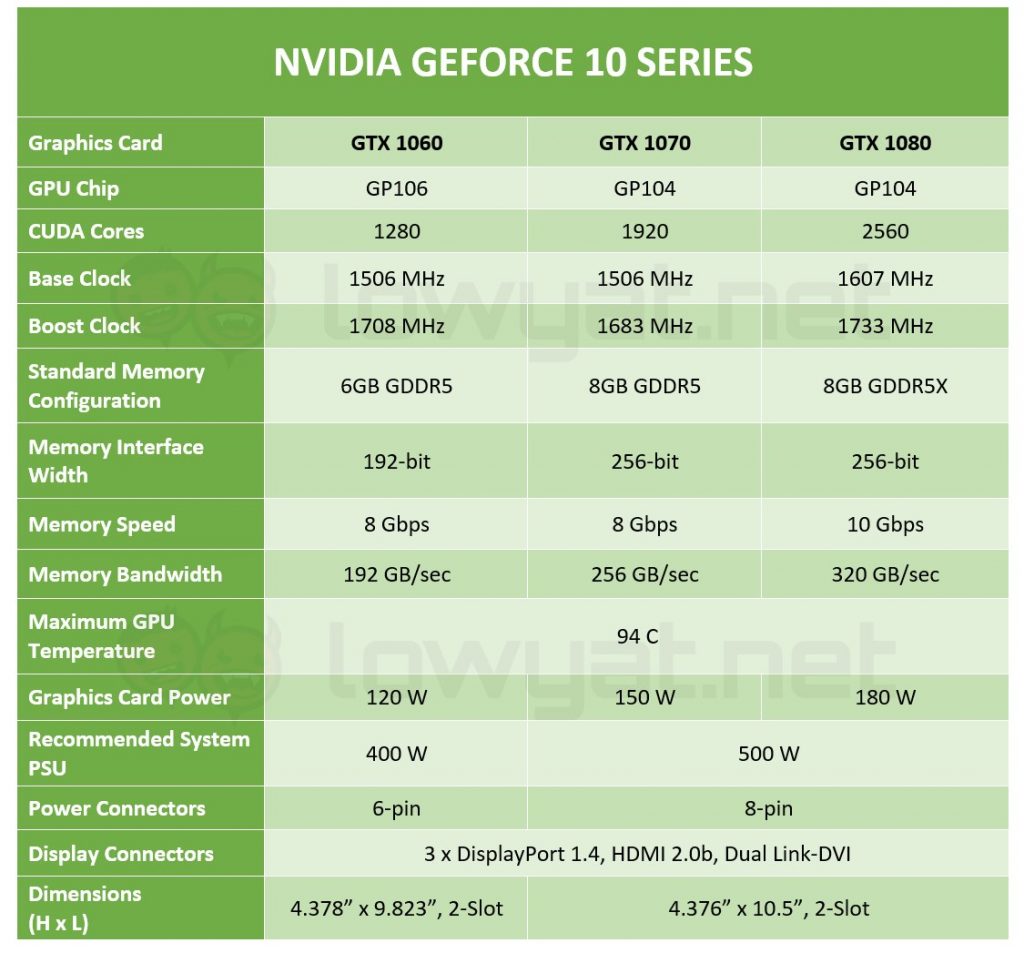
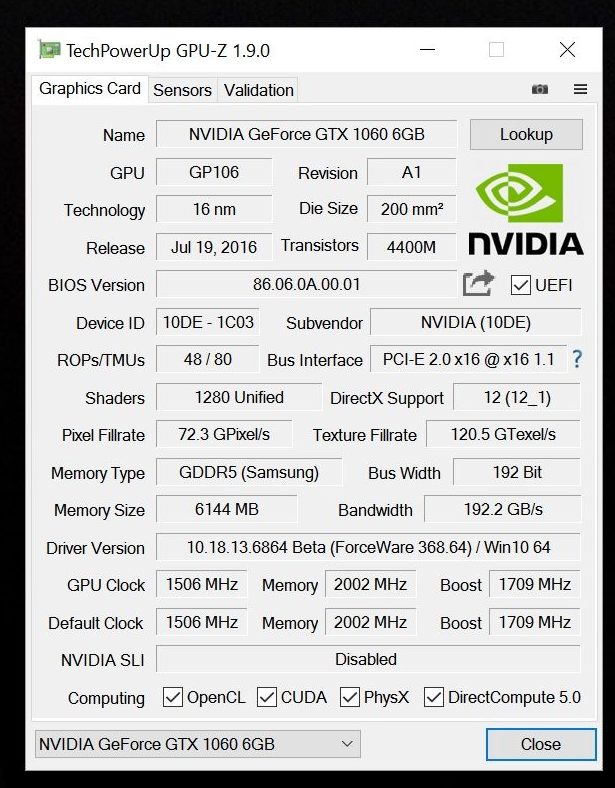
For this review, all tests were done on the GTX 1060 Founders Edition card which we deem as the reference point for the GTX 1060 series. Unlike the GTX 1070 and GTX 1080, do note that the card is only available directly from NVIDIA which means that the Malaysian market will be mainly served by NVIDIA’s Add-In-Board (AIB) partners with their custom boards.
While the GTX 1060 Founders Edition might look like a usual full-length graphics card, the card’s PCB is actually shorter than the thermal solution that NVIDIA has equipped on it. The solution consists of a radial fan together with two copper heat pipes on the base of the heatsink which is made from aluminum, and is apparently 50% larger than the heatsink on the GTX 960.
There is no backplate on this card though, as opposed to the Founders Edition cards for the GTX 1070 and GTX 1080. Instead, the back area on the card is fully exposed – but this is nothing to be worried about.
TEST MACHINE SPECIFICATIONS
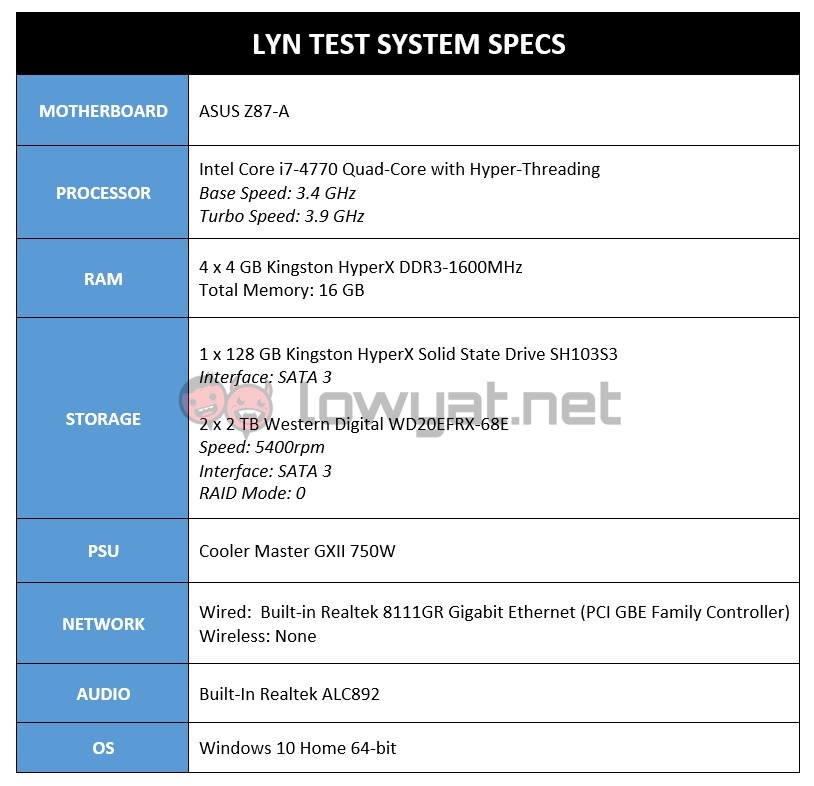 Display used in this review is a 28-inch Acer Predator XB281HK 4K Gaming Monitor.
Display used in this review is a 28-inch Acer Predator XB281HK 4K Gaming Monitor.
PERFORMANCE
Synthetic Benchmark
The GTX 1060 has no problem achieving excellent results in 1080p test conditions such as Unigine Valley’s Extreme and Extreme HD preset as well as 3DMark’s Fire Strike. The card started to struggle in 1440p tests but is still able to hold itself to a certain extent, unlike in the intensive Fire Strike Ultra test which runs at 4K resolution.
Gaming
The GTX 1060 generally performs quite well in our DirectX 11 game tests at 1080p and 1440p alongside the SteamVR Performance Test. That being said, the results also depends on the game’s anti-aliasing settings especially on 1440p and 4K resolutions. The same can be said for DirectX 12-based games too, as shown below:
OVERCLOCKING
Before we move on, we’d like to touch a little bit on the clock speed of the GTX 1060’s GPU. While the figures above were taken directly from GPU-Z reading, the Boost clock speed actually goes much higher when the card is in operation. At stock, we noticed that the GPU runs between 1,8745 MHz and 1,898 MHz – while it goes between 2,038 MHz to 2,126 MHz when overclocked.
Since we only performed a simple GPU and memory overclock using EVGA PrecisionX OC software without tweaking the card’s default fan, voltage, and thermal setting, this showed the huge amount of overhead available on the GTX 1060. With that, it seems possible to push the card even further with deeper tweaks and higher performance thermal solutions.
In terms of real life results, the overclock settings helps our card achieve more than 10% of performance increase in most of our tests. It also increased the system’s SteamVR rating from 8.3 to 9.5 which is quite impressive.
POWER DRAW, TEMPERATURE, AND NOISE
Powered by a single 6-pin connector, the GTX 1060’s power consumption is indeed as good as NVIDIA claims. At the same time, the thermal solution of the card is equally impressive as well since it managed to keep the card well below the GTX 1060’s thermal limit regardless whether it is at stock or overclocked condition.
Subsequently, the card is also quite quiet when it is in operation. Even when in overclocked state, the faint buzz can be noticed only if one tries to listen closely.
COMPETITION
Let’s just be straight forward here: everyone knows that the GTX 1060’s main competitor would be the AMD Radeon RX 480. When compared to test results from our RX 480 review, the GTX 1060 managed to edge AMD’s offering in almost all tests that we threw at it with varying degrees.
With the exception of Hitman, it is interesting to note that the GTX 1060 outdid the RX 480 while being at stock condition. The same goes for power draw and card temperature: the GTX 1060 simply performs better than the RX 480.
This might be expected from a GTX 1060 Founders Edition, since it is priced at $299 (about RM1,212) which is $60 (about RM243) more than a reference Radeon RX 480 8GB (RRP: $239, about RM968) in the United States market. However, the scenario in Malaysia is rather different.
First of all, the GTX 1060 Founders Edition is not available in Malaysia (at least directly) which means that its position will be filled by custom boards from NVIDIA’s AIB partners. From what we have gathered within local distribution channels, these custom boards might have a starting price of RM 1,399 which is just RM 100 more than the existing average price (RM 1,299) of RX 480 reference cards in Malaysia.
Not to forget, these custom GTX 1060 boards are usually factory overclocked which means it might have better performance than the GTX 1060 Founders Edition. Hence, the pricing scenario in Malaysia for both the GTX 1060 and RX 480 has changed their values in our market – and with such a narrow price difference, the GTX 1060 seems to offer more value for money.
However, those who plan to utilize multiple graphics cards as part of their setup will have to look elsewhere, since the GTX 1060 does not come with SLI capability – which is quite a bummer. This is where the RX 480 might become more attractive to users, although getting a pair of this card would cost more than a single GTX 1070 due to the AMD card’s pricing in Malaysia.
CONCLUSION
The NVIDIA GeForce GTX 1060 6GB might be designed to deliver a high level of graphics performances at 1080p resolution but our experience with it showed that the card still has enough firepower to achieve comfortable frame rates in most games at 1440p. It also scored rather well in SteamVR test which means that users can now look forward to having a lower cost NVIDIA-based virtual reality system.
With a little bit of tweaking, some games can even be played at 4K resolution although playing at this resolution clearly pushes the GTX 1060 to its limit and requires gamers to sacrifice graphics quality to achieve playable frame rates. Still, the card managed to remain cool and silent even when it is being cranked so hard.
While the GTX 1060 might cost more than its closest competitor at the moment, the AMD Radeon RX 480, NVIDIA is rather fortunate that the pricing scenario in Malaysia has given the GTX 1060 an advantage over the RX 480 in terms of value for money. Still, it is painful for us to say that these cards do cost way higher in Malaysia than the RRP announced by their respective creators.
The Nvidia GTX 1060 has certainly set a new benchmark for mainstream graphics cards even though a lack of SLI support slightly taints its final score. That being said, cost-conscious users would still prefer single-card setups anyway, and they will definitely not be disappointed with what the GTX 1060 has to offer for them.
Pros:
– Performs very well in 1080p resolution.
– Acceptable performance at 1440p resolution.
– Capable card for VR
– Silent thermal solution
– Overclocking friendly.
– It has better value for money in our market, given the graphics card’s pricing in Malaysia.
Cons:
– Doesn’t support SLI.
– Need to tweak graphics setting to achieve playable rate at 4K resolution.
– Priced higher than its competitor.
– Founders Edition model is not available in Malaysia.
Review unit and additional PCB photos courtesy of NVIDIA. Additional editorial support by Nasir Rabik and Pang Tun Yau. Product photography by Soh Li Jin and Terry Bass.
Follow us on Instagram, Facebook, Twitter or Telegram for more updates and breaking news.

